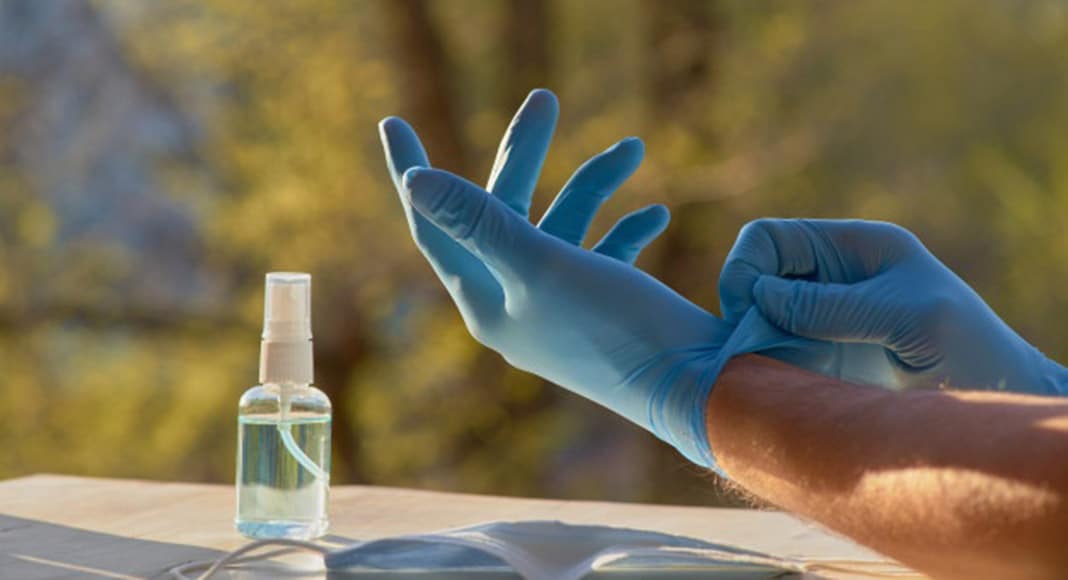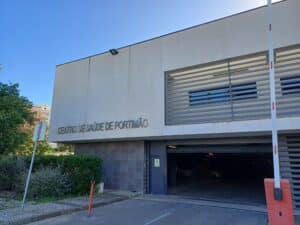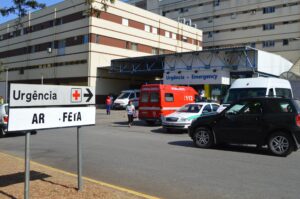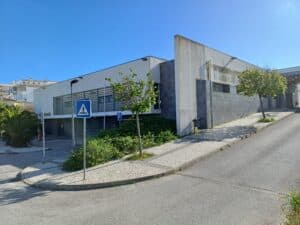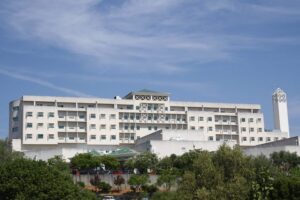Wants state to finance compensation programme for vaccine damaged
Two days ago, cardiologist Teresa Gomes Mota launched a petition calling on the Portuguese state to compensate victims of the mass-vaccination campaign pushed during the Covid-19 pandemic.
A number of victims of the vaccines developed ‘at the speed of science’, have already taken out their own, private claims against the state and medical health authorities.
But Gomes Mota, backed by numerous colleagues in the health profession, wants to see a process created, as has been in other countries, whereby people who responded to the pumped narrative that being vaccinated was their civic duty – and have since suffered life-altering consequences – are supported.
Within hours of its launch the petition had received hundreds of signatures. Those have grown over the last 48-hours, with the target being 7,500 signatures – which will mean MPs then are duty bound to consider the call in parliament.
Gomes Mota’s reasoning is very clear: a fair compensation system must follow what was, after all, coercion: coercion in the form of “ restrictive measures” for those who did not accept vaccination; coercion in the form of media campaigns, promoted by the health authorities that repeated the slogan ‘vaccines are safe and effective’ over and over again, silencing the voices of health professionals “who specificially questioned this very effectiveness and safety”.
In short, Gomes Mota maintains the state did not give citizens the opportunity to be fully informed about the risks and benefits of the vaccines, in order to make a properly informed decision.
“Many (…) have been surprised by the occurrence of serious adverse reactions, including disability, hospitalisation, risk to life and death”, she writes.
“According to the notifications received by INFARMED, the entity responsible for the National Pharmacovigilance System, by December 2022 (the latest data available), there had been 39135 notifications of adverse reactions, 8518 of them serious, which included 2066 for disability, 886 hospitalisation, 309 life-threatening, 142 for death”.
The cardiologist adds that “it is well accepted that the real occurrence of adverse reactions is much higher than those that are reported to pharmacovigilance systems, so there are many people who suffer unrecognised.
“Despite the fact that the total number of adverse reaction reports for all medicines authorised in Portugal tripled with the introduction of Covid-19 vaccines on the market – taking into account the large number of vaccines administered – INFARMED considered the adverse reactions reported to be infrequent”, she adds (which, of course, makes little sense. Independent online Página Um has since suggested that INFARMED actually hid truly devastating deaths from public knowledge).
Gomes Mota then cites the fact that “several European countries and those on other continents already have compensation programmes for victims of adverse reactions to Covid-19 vaccines”, while even the World Health Organisation – which was such a champion of the vaccines – has drawn up an international compensation programme for victims of adverse reactions caused by Covid-19 vaccination “in some low income countries”.
Thus, the cardiologist concludes, “if citizens have suffered harm from a vaccine that they were motivated or coerced to receive in order to protect the community during a pandemic, then society as a whole must take collective responsibility for overcoming the resulting challenges, rather than relegating the consequences solely to the affected citizens.
“Establishing a fair system of compensation for vaccine damage is fundamental to citizens’ trust in the health system, and to maintaining public health in Portugal”.
Gomes Mota was extremely concerned by authorities’ insistence to vaccinate young children against the virus during the pandemic. She took part in a number of initiatives, trying to show the potential dangers of a mass campaign with “a biological, genetic vaccine, in an experimental phase, for a disease that does not pose them danger, which does not prevent transmission” – but it has to be said the message she and numerous colleagues tried to impart was never ‘fully embraced’ by the mainstream media.

